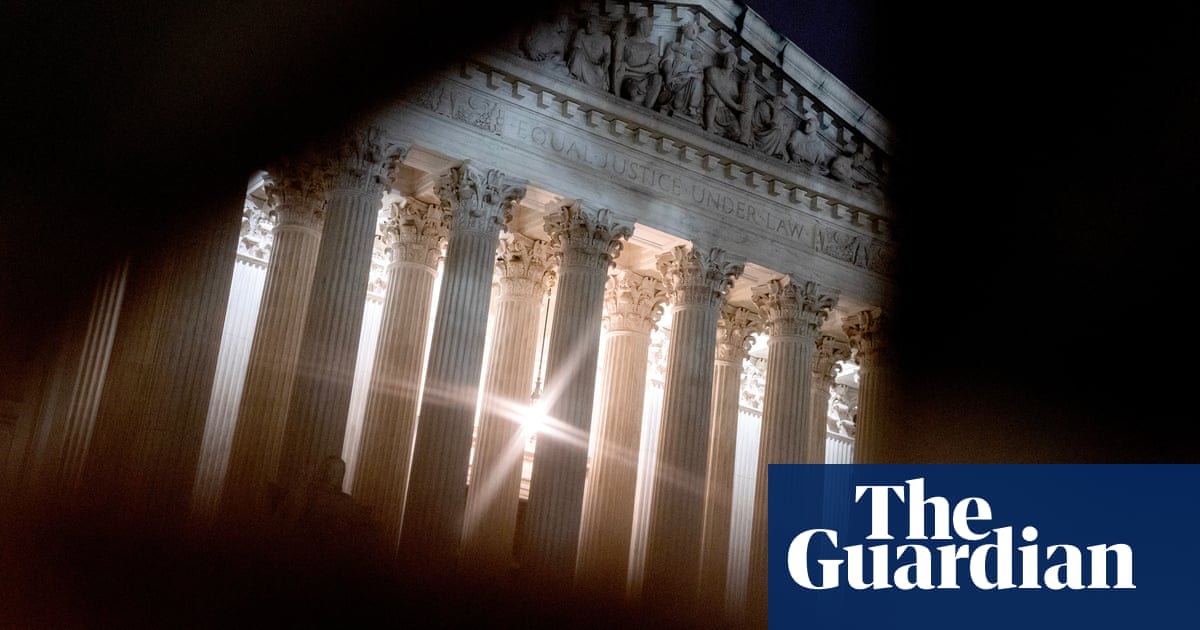The UK should back Donald Trump’s expected maximum economic sanctions against Iran as part of an effort to encourage nationals to end their support for the current regime in Tehran, Mark Sedwill, the former cabinet secretary, argues in a report published on Monday.
He writes: “It is not for the west, let alone the UK, to determine who rules Iran. That is for the Iranian people. But we can make clear that the right choice will bring benefits just as the wrong one will bring more of the same.”
He suggests in a foreword to a Policy Exchange pamphlet that the UK should show leadership against Iran by backing what he regards as Trump’s likely policy of a return to maximum economic sanctions against the regime.
“While aligning with Trump II’s maximum pressure against this regime, the UK should also insist that a successor, willing to liberalise at home and behave responsibly abroad, can earn a respectable place in the international community,” suggests Lord Sedwill, who is also a former UK national security adviser. “From crisis emerges opportunity. It is an opportunity for the UK to lead.”
His remarks are likely to anger Tehran as it prepares to stage a second round of exploratory talks starting on Monday with the UK, France and Germany on a possible successor framework to contain Iran’s nuclear programme.
Sedwill’s stance is likely to disappoint reformists inside the Iranian government who want to persuade the west that they are not seeking confrontation and genuinely want to reopen direct negotiations with Europe and the US. Their hope is that sanctions could be lifted in return for commitments not to threaten the west.
Trump pulled out of the previous nuclear deal in 2018 but the UK, along with France and Germany, are staging exploratory talks on Iran’s willingness to scale back its nuclear enrichment.
If the talks lead to an impasse, the three European powers are planning a step-by-step move that will would lead to full UN sanctions reimposed on Iran in October on the basis that Tehran, in breach of the nuclear agreement reached in 2015, is continuing to increase its stockpile of highly enriched uranium.
Sedwill claims: “The regime is wounded but remains dangerous. It terrorises our regional partners, destabilises global energy and shipping routes, plans assassinations on British soil and is complicit in Russia’s sacking of both Ukraine and 75 years of European peace.
“We know that, whenever given even the barest of choices, the Iranian people choose the most progressive (or least regressive) candidate available. Their tolerance of the regime’s excesses is wearing thin.”
He suggests Iran may be ripe for change, pointing to inflation running at 80% and the disembowelling of Iran’s network of armed proxies.
The Policy Exchange pamphlet, written in part by Sir John Jenkins, the former UK ambassador to Saudi Arabia, argues: “It should be made clear that the UK would endorse attacks on the Iranian nuclear programme should evidence arise that Iran is attempting a nuclear ‘breakout’ irrespective of the extent of UK participation in such operations.”

 German (DE)
German (DE)  English (US)
English (US)  Spanish (ES)
Spanish (ES)  French (FR)
French (FR)  Hindi (IN)
Hindi (IN)  Italian (IT)
Italian (IT)  Russian (RU)
Russian (RU)  3 hours ago
3 hours ago
























Comments